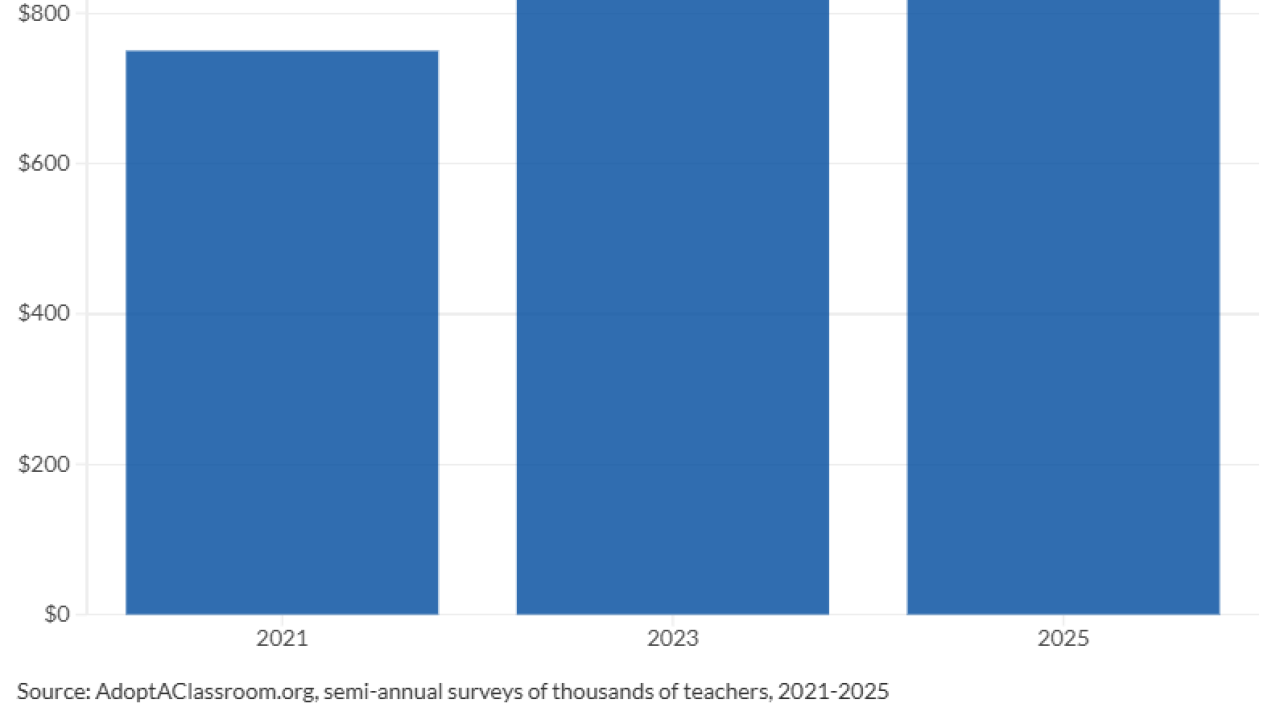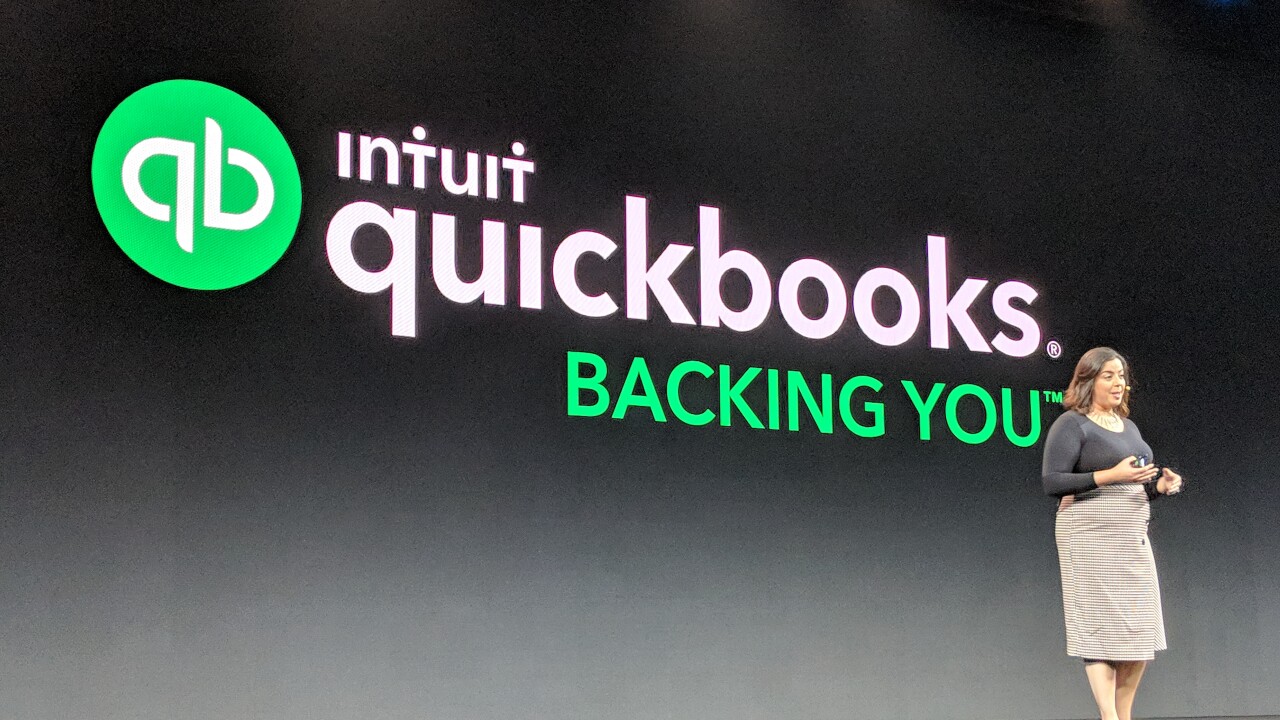The Financial Accounting Standards Board released an accounting standards update Wednesday aimed at improving the accounting for purchased loans as it confronts a potential threat to its funding from Republicans in Congress.
The
Under current GAAP, acquired financial assets are initially recorded at their amortized cost basis, with an allowance for expected credit losses that's recognized separately. The process for PCD assets employs a "gross-up approach" to record the initial allowance through an adjustment to the initial amortized cost basis, while the initial allowance for non-PCD assets requires a direct charge to credit loss expense. This dual approach was seen as subjective, inconsistently applied, and resulted in double counting the expected credit losses for non-PCD assets.
The new update addresses this problem by expanding the population of acquired financial assets accounted for using the gross-up approach. Acquired loans (excluding credit cards) are deemed to be "purchased seasoned loans" and accounted for using the gross-up approach upon acquisition if the criteria established by the new guidance are met. This change aims to improve comparability, consistency and better reflect the economics of acquiring financial assets.
The amendments are effective for all entities for annual reporting periods starting after Dec. 15, 2026, and interim reporting periods within those annual reporting periods.
FASB chair Richard Jones discussed FASB's latest standards and projects Wednesday at Financial Executives International's online Corporate Financial Reporting Insights conference. He was asked by Accounting Today during a press conference about a
Jones declined to respond directly to the possible congressional action. "No real reaction other than we're always happy to talk about the standards we set and the reason we set them," he said. "I view that we have one role and one role only. It's financial accounting and reporting to facilitate the capital markets. That's what we focus on. That's what we do. We're always happy to engage with people if they have any concerns about our statements."
Asked whether he foresees the possibility of the standard being withdrawn if FASB comes under serious pressure, he replied, "I can't speculate. I can tell you, we have that standard. It's out, it's issued, it's effective, and companies will be adopting it in this year's year-end financial statements."
Asked whether the standard might be amended to bring it in line with either International Financial Reporting Standards or the Organization for Economic Cooperation and Development's tax-reporting rules, he responded, "Our standard setting on that project is done. Obviously if we get future requests for standard setting in any area, we would always consider it."






